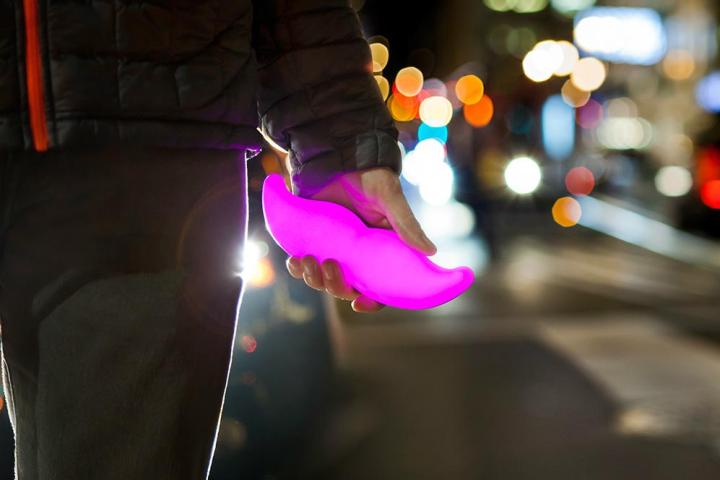
While the court judgment results in payouts of various amounts for the drivers depending on hours worked, it also means Lyft can continue to classify them as independent contractors rather than full-fledged employees.
Such a distinction is important for Lyft. A ruling demanding it treats its drivers as employees would’ve forced it to incur huge costs for things like Social Security, unemployment insurance, and workers’ compensation, as well as car-related expenses such as gas, insurance, and vehicle repairs.
However, it didn’t all go Lyft’s way. Besides the multi-million-dollar payout, the company has also agreed to a number of changes to its terms of service in order to clearly comply with existing state law. For example, it can no longer expel drivers from its service without warning, and must now take care of arbitration costs in employment-related disputes brought by drivers against the company.
Representing the Lyft drivers who brought the suit, attorney Shannon Liss-Riordan said that although the settlement fell short of its aim to reclassify the drivers as employees, it nevertheless achieved some “significant” changes that will benefit the drivers.
Lyft representative Kristin Riordan said in a statement, “We are pleased to have resolved this matter on terms that preserve the flexibility of drivers to control when, where and for how long they drive on the platform and enable consumers to continue benefiting from safe, affordable transportation.”
Uber, Lyft’s main rival in the ride-hailing space, will have been following Lyft’s case with great interest, as it too is facing similar court action from its own drivers, also in California. The case is currently making its way through the court system and will go before a jury on June 20.
The classification of drivers as independent contractors has been an important factor in the rapid growth of companies like Lyft and Uber, with the existing system enabling them to make big savings for subsequent investment. It’s also of great importance to the entire “sharing economy” model, which will likely suffer if legal challenges, such as the one currently facing Uber, go against it.


